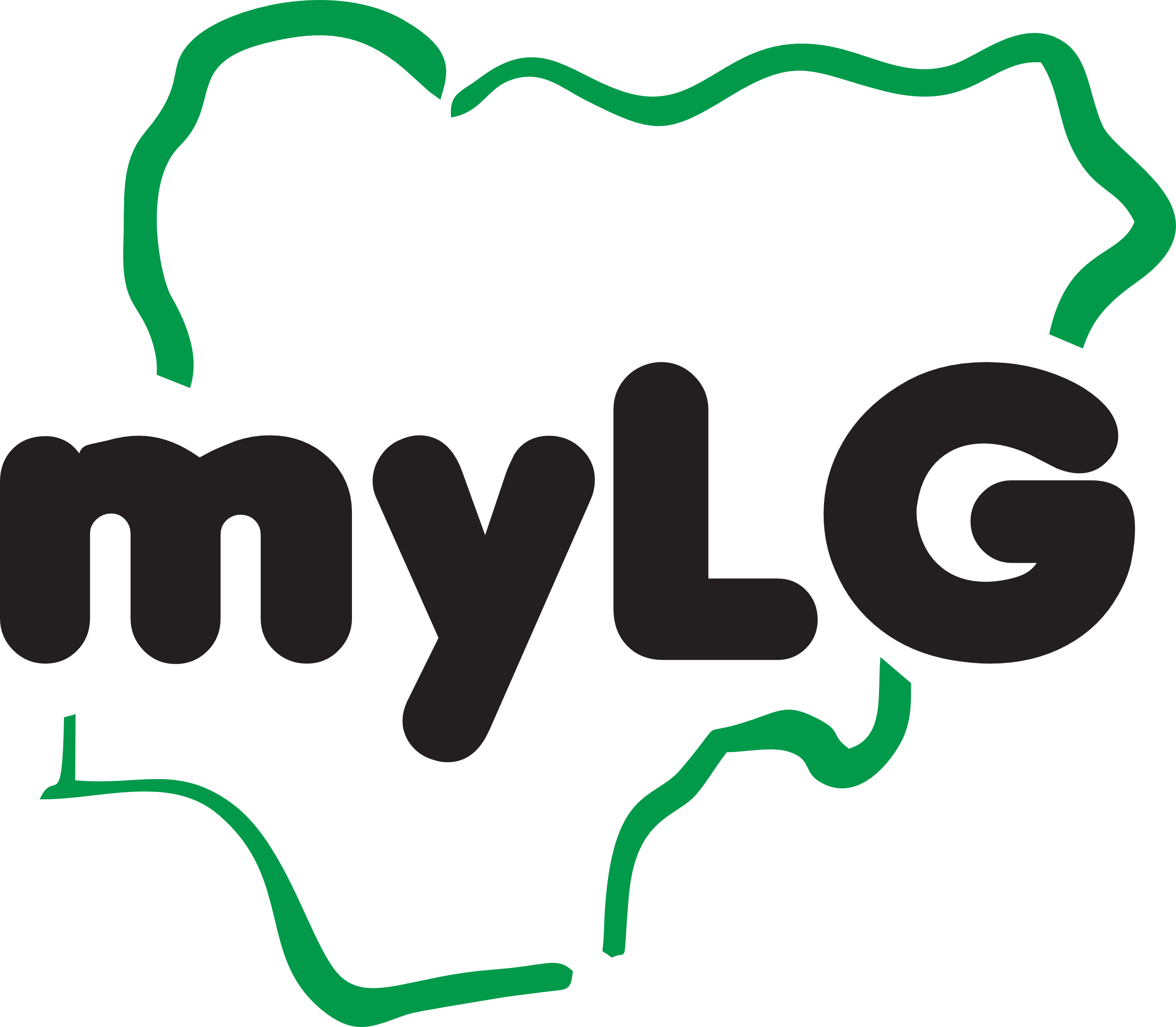Kidnapping In Nassarawa Eggon: Issues And Solution
– Ebuga Asheahe Evelyn
Introduction
Criminal behavior such as kidnapping is not new globally. Kidnapping could be traced to 17th century Britain when newborns of rich families were napped and held for ransom. Kidnapping in Nigeria before the 1990s was not pronounced and rarely mentioned in trends of crime. However, the current trend of kidnapping in Nigeria could be traced to February 25th, 2006, with the abduction of oil company employees in the Niger Delta region to express their grievances to the world for the region’s long history of marginalization, injustice, exploitation, and underdevelopment. Since that incident, several cases of kidnapping have increased at an aggressive rate and are pervasive all over the nation. Kidnapping is no longer restricted to foreign victims in Nigeria but now affects locals cutting across socio-economic boundaries.
Body
Nassarawa Eggon is a local government in Nassarawa State, an agrarian state centrally positioned in the Middle Belt region. The state shares borders with Kaduna in the north, Plateau in the east, Taraba and Benue in the south, and Kogi and the Federal Capital Territory (FCT) in the west. Nassarawa Eggon, home to the Eggon people, has had its fair share of this menace. The first incidence of kidnapping in Nassarawa Eggon was witnessed on January 31st, 2019, when an unidentified woman, who appeared like a mad woman, was caught attempting to kidnap some pupils on their way back from school. On interrogation, she started confessing, and as patience ran out, the people took hold of her, laid her in the street of the main town, and set her ablaze. In a similar vein, the former Commissioner of Information, Culture, and Tourism in Nasarawa State, Mallam Yakubu Lawal, was kidnapped twice. The first was in 2021, and on August 15th, 2022, he was kidnapped for the second time at his residence in Nassarawa Eggon by gunmen after sporadic shootings that lasted for almost an hour. A young girl, Blessing Michael, was kidnapped in her elder brother’s provision store along Mada Station road in 2022. She was released after a N550,000 ransom was paid five days later. In 2023, the Division Police Office (DPO) of Nassarawa Eggon was kidnapped and released a few days after the payment of an undisclosed ransom. The former Deputy Chairman, Halidu Akwashiki, was also kidnapped the same year in his residence and was released a few days later. Fleeing bandits suspected to be kidnappers reportedly killed two persons the same year in the Wulko Community of Nassarawa Eggon. Residents of Wulko said the fleeing kidnappers were escaping from their hideout in a neighboring village following a police invasion when they ran into the two young men and gunned them down. Several spates of kidnapping and abduction have been witnessed in Nassarawa Eggon from 2022 to the end of 2023.
Kidnapping and abduction have become a constant occurrence in Nassarawa Eggon due to weakened insecurity outfits, personnel, and shortage of security armaments. Several lives and properties have also been lost in the hands of kidnappers, and more worrisome is how citizens’ hard-earned money is fizzling away, creating more hardship for them. People now sleep with one eye open and live in constant fear that one day it could be their turn. People have lost confidence in the security force around them because they have done nothing to curb the menace in protecting lives and properties. Kidnapping, seen as a social problem, is quite complex in orientation. This crime occurs in different contexts for different reasons, including killings for rituals, political factors, poverty, and a lack of legal/available economic opportunities and gains. It further includes forcing the government or individuals to succumb to certain demands. Based on the aforementioned issues, kidnapping has become a source of income for many in the area with attendant consequences on national security. The consequences of kidnapping also include psychological trauma to the individual and family, huge economic or financial implications, and exposure to HIV/AIDS.
Call to Action
Challenges encountered in addressing the problem of kidnapping include poor communication networks, management of security and security agencies, political instability, corruption, and expenditure on preventive measures. Based on the above reasons, the following recommendations are made:
- Both individuals and the government should be more proactive in creating jobs for the teeming youth population. Gainful employment within the law will reduce the drive to crime as a means of survival.
- Schools, parents, teachers, social media, television stations, and non-governmental organizations (NGOs) should sensitize children on security tips. This will go a long way in securing children from the tricks of kidnappers.
- Military and para-military personnel should be provided with adequate tools. This will enable them to combat the issue of kidnapping.
- Individuals should maintain a low profile. This will reduce exposure to the risks of being a target of kidnapping. Over and above, self-defense is suggested as the last resort by whatever means possible.
Conclusion
In conclusion, addressing kidnapping in Nassarawa Eggon requires a collaborative approach. Challenges like poor communication, security management issues, political instability, and corruption necessitate proactive job creation, increased education efforts, better tools for security forces, and individual precautions. These measures collectively aim to mitigate the impact of kidnapping, emphasizing the urgency for concerted action by both citizens and the government.
Ebuga Asheahe Evelyn is an #OOTC Champion working on EiE’s #myLGA project in Nassarawa Eggon, Nasarawa State.

